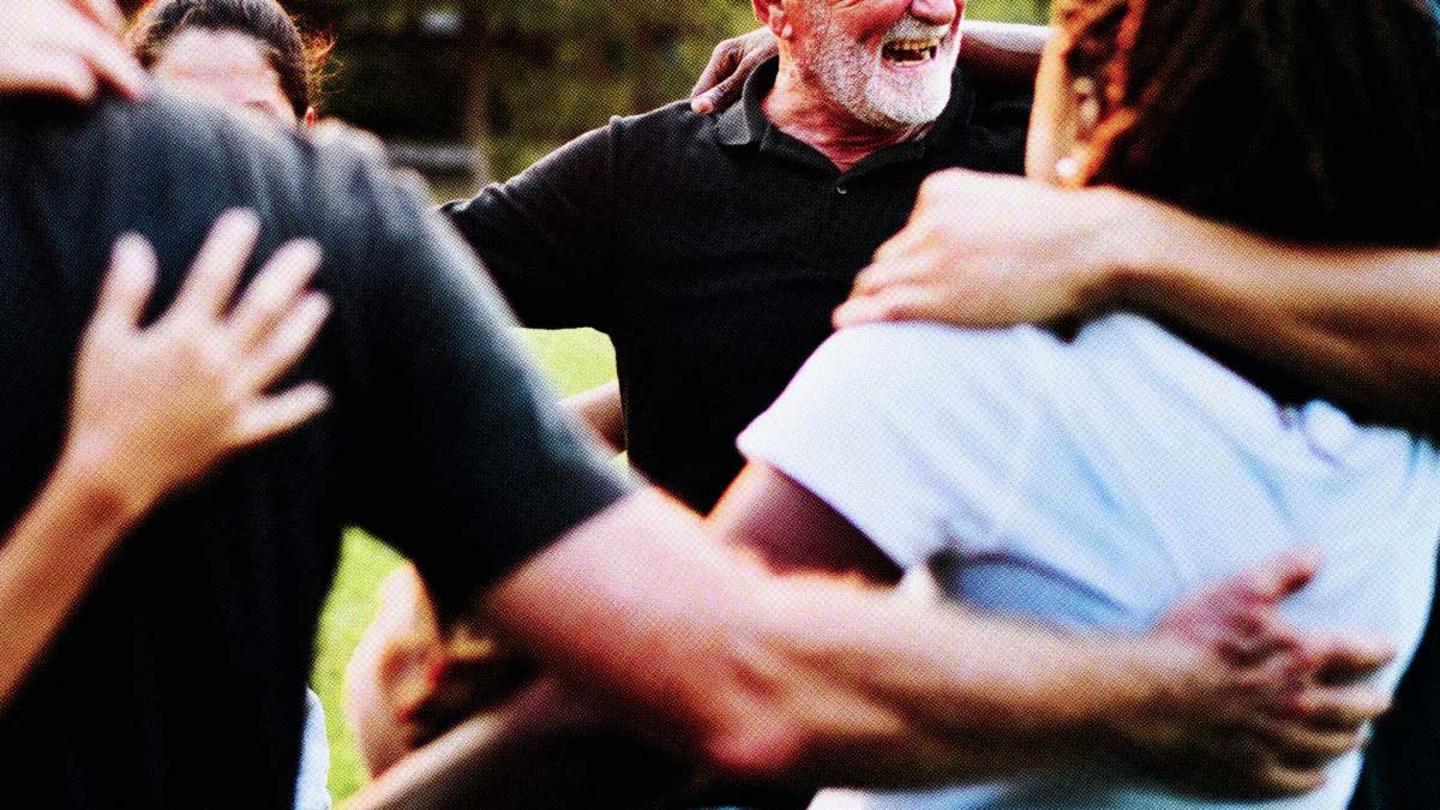Give an Hour has already worked with close to 2 million people and has a plan to get everyone who needs it individualized, accessible mental health care. And it starts with community.
All too often, people seeking therapy feel misunderstood. For victims of military violence, opioid abuse, interpersonal violence, and many others, there is often the added fear that the mental health system is not built for them.
The problem is large — and growing. A Morning Consult survey found that roughly 1 in 4 U.S. adults who aren’t receiving mental health care want to in the next three months. The need is out there. Someone needs to fill it.
“You can never close that gap simply by increasing the number of therapists,” says Trina Clayeux, CEO of Give an Hour.
Give an Hour is a national nonprofit transforming the mental health industry by providing no-cost counseling through a network of volunteer mental health professionals. Its community-based peer support groups work for people impacted by trauma and PTSD.
People can sign up through Give an Hour to join a virtual community that puts them in touch with peers and professionals to meet with as often as they’d like, for both one-on-one counseling and group discussion, regardless of their geographic location.
This individualized approach helps Give an Hour broaden the definition of what mental health care can look like, and who it is for.
Mental health nonprofit makes care personal
While one-on-one counseling helps many people, peer-led community support programs can significantly expand access to mental health treatment.
This addresses some of the obstacles that many face in accessing mental health care: for many it is prohibitively expensive, not covered by insurance, or geographically scarce. Give an Hour allows care to be personalized, and places individuals in the driver’s seat of their own healing path.
“Every individual has within them the power to affect change on their mental health and emotional wellness journey,” says Jessica Grove, COO at Give an Hour.
This is especially true for the communities Give an Hour works with, who are facing specific traumas that often call for specialized care and a high level of empathy. This includes veterans, opioid crisis survivors, rare disease caregivers, suicide survivors, and victims of interpersonal violence, among others. These individuals often feel that they have unique experiences that are misunderstood, says Clayeux.
Give an Hour is also working with mental health professionals to help facilitate credentialing that will allow them to support new populations, creating an index of well-trained professionals. As Clayeux explains: “You cannot just take an off-the-shelf therapist and put them with a person who’s experienced trauma and think that it is going to work.”
Sign up for the Stand Together newsletter and get stories, ideas, and advice from changemakers to help you tackle America’s biggest problems.
Community can transform mental health
Relationships with family, friends, and community members can be highly beneficial for mental health. Evidence shows peer support is a humanizing force in healthcare: it’s flexible, adaptable, scalable, and engages those often left behind.
Through creating communities via the peer-to-peer groups, Give an Hour surrounds people from specific lived experiences with others who can understand their trauma and the mental hardships they face day-to-day. This empathy provides an environment of openness, allowing for productive, healing conversations.
“Wherever people are at, we can all help each other and connect them with not only the people around them in their community, but their ability to stay healthy,” says Kristin Richardson, director of communications with Give an Hour. “It’s a sustainable kind of model, where we’re empowering communities and individuals to really support each other. Of course one-on-one counseling is part of that, but it’s not the only way.”
Give an Hour fills a gap nationwide
Give an Hour has worked with 1.84 million individuals, 30% of whom are veterans, and 45% are in active duty. Their goal is to hit eight million by 2025. There are currently 4,000 volunteer mental health professionals in the Give an Hour network, which they hope to expand to 50,000 in the next three or four years.
The takeaway: There’s a big gap between the demand for mental health services and the supply, and they want to fill that gap
“We believe that mental health professionals are a really important part of the solution, but they aren’t the solution for everyone,” Grove says. “When someone comes to Give an Hour, we help them figure out where they are on that journey for themselves, and what support they potentially need at that time. But we’re committed to staying with them, which is why our tagline is ‘For life.’”
Give an Hour is supported by Stand Together Foundation, which partners with the nation’s most transformative nonprofits to break the cycle of poverty.
Learn more about Stand Together’s health care efforts.
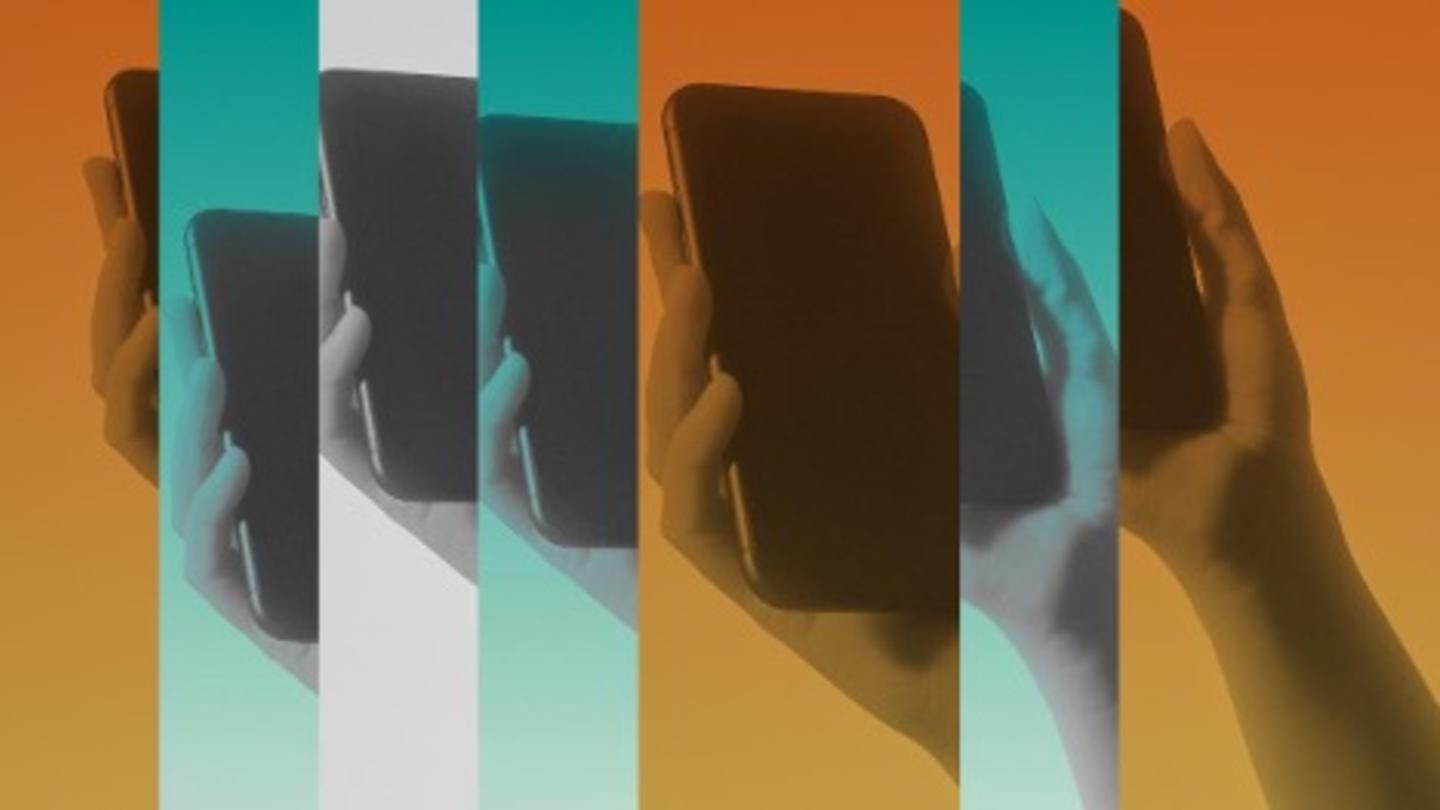
What if the key to improving Gen Z’s mental health lies in leveraging AI?
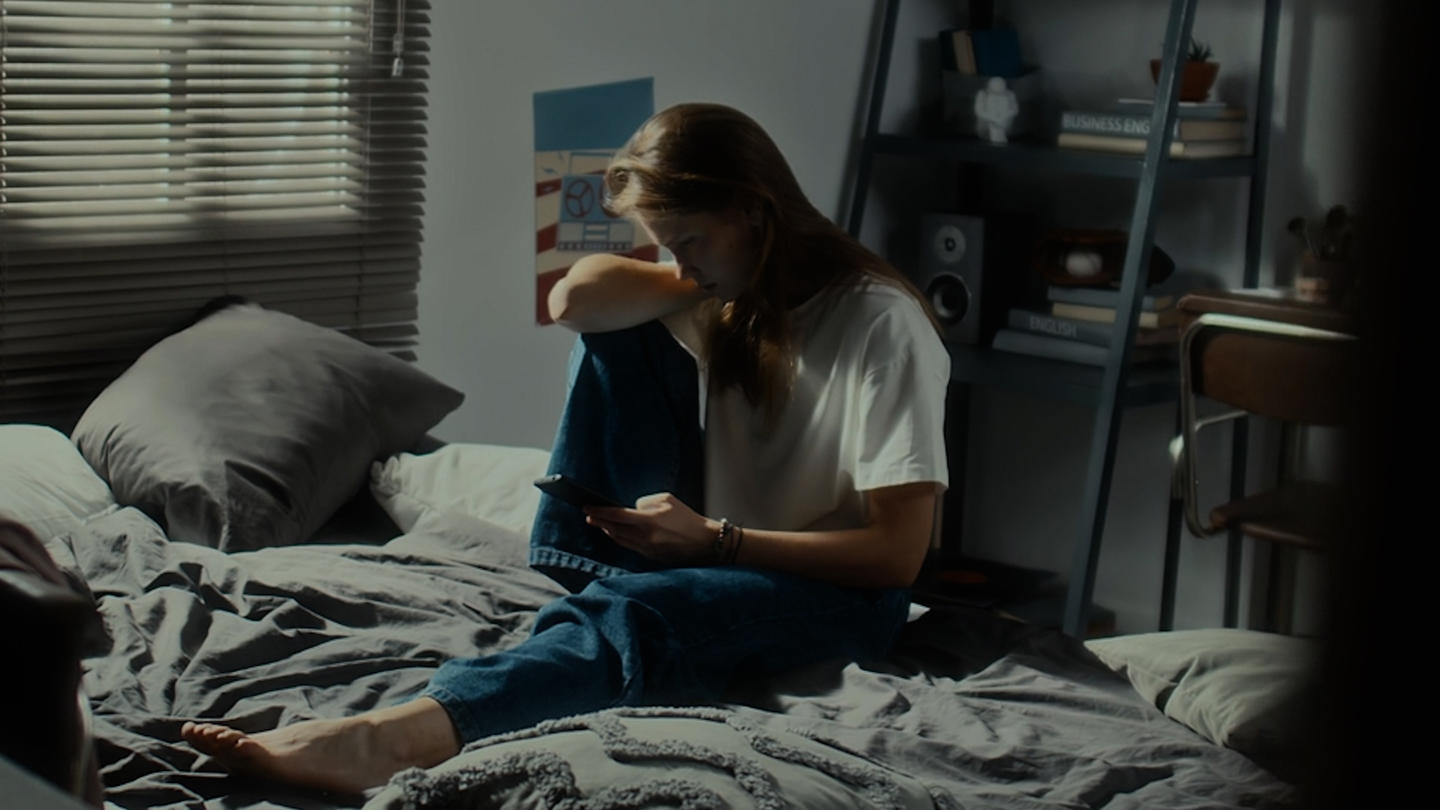
Mental health care is too narrow, possibly worsening the crisis. These changemakers have a plan.
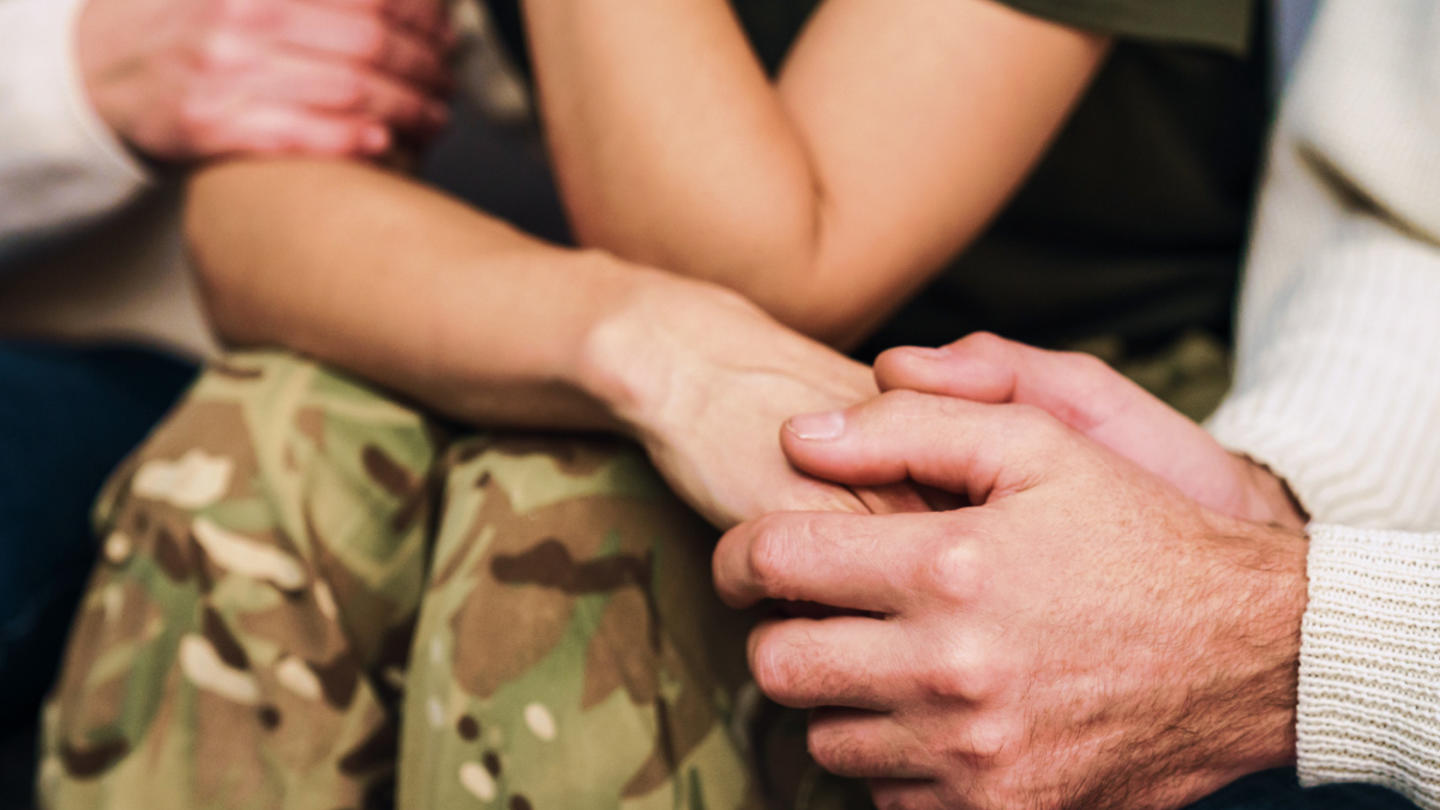
Peer support may be the key to transforming mental health care. So far, it’s working for millions.
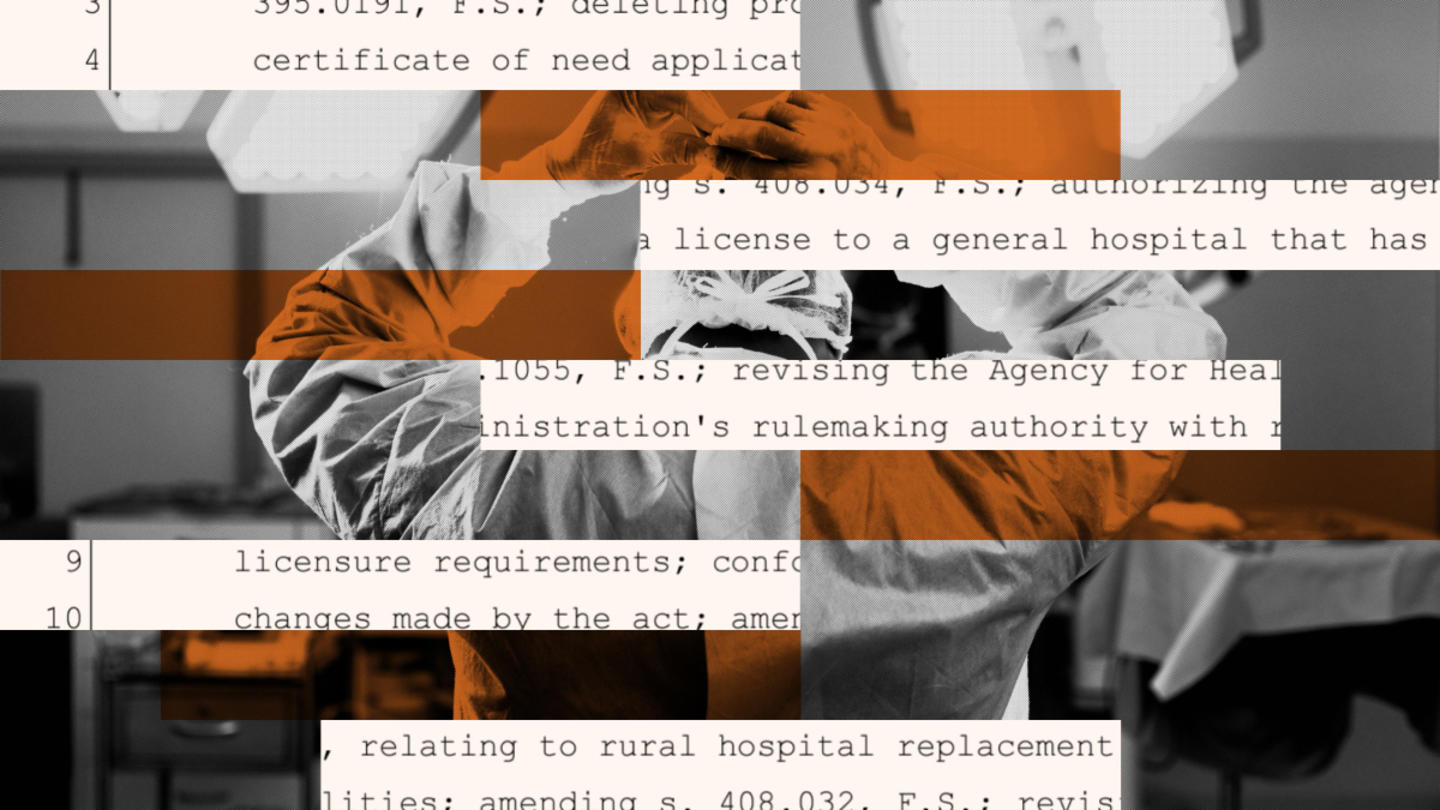
States with CON laws have higher prices, fewer medical facilities, and inferior patient outcomes.
